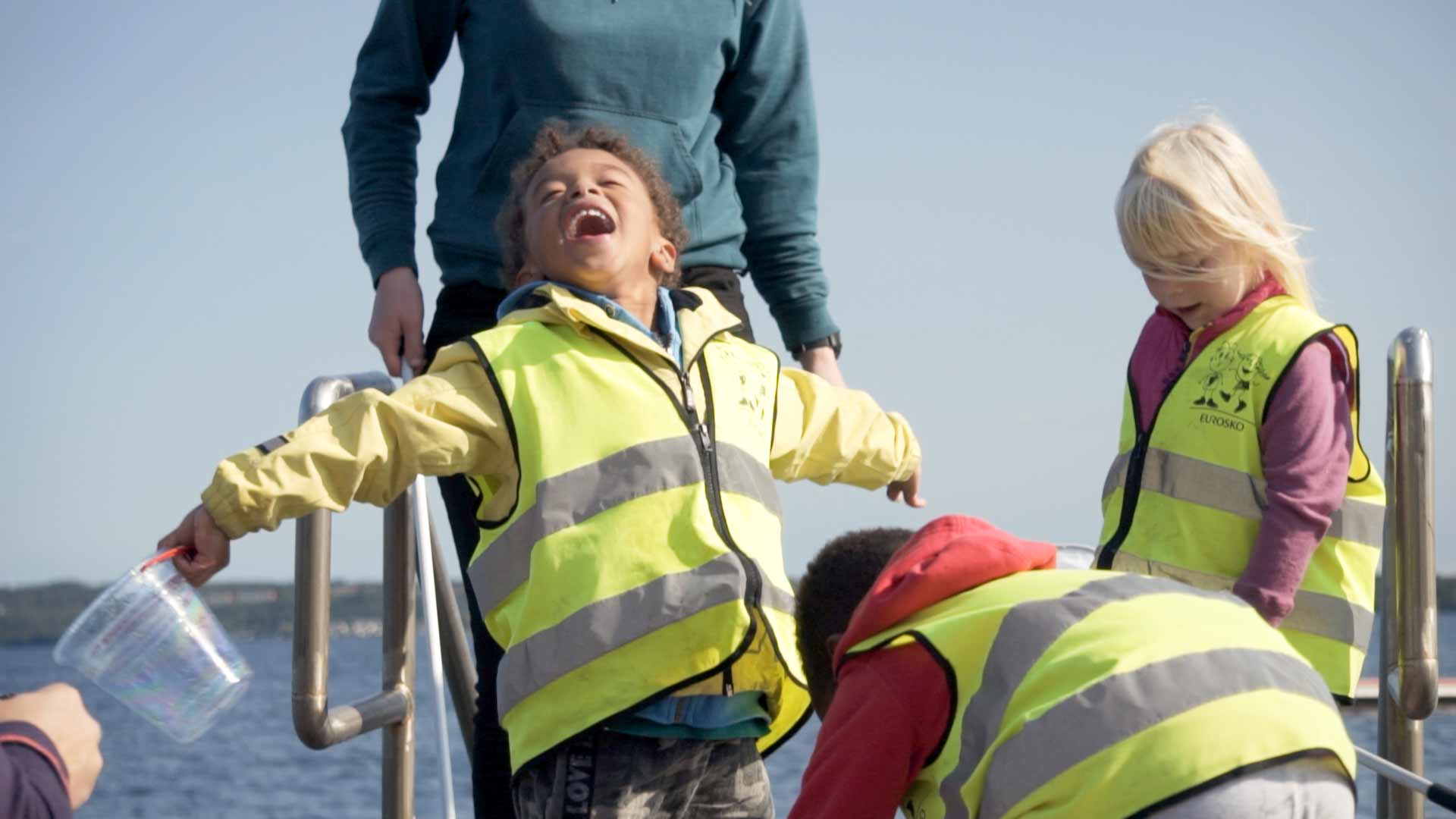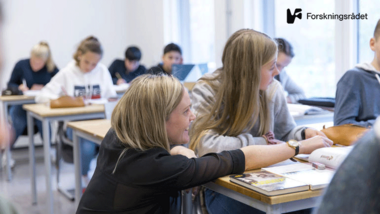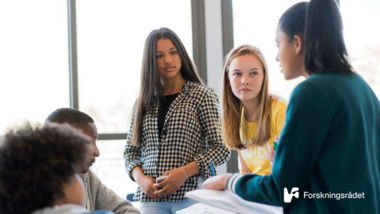Youth exclusion is a major societal challenge and comes at a considerable cost for the individual and for society.
In Vestfold, Telemark and Viken there are a large number of children and adolescents who experience exclusion or are at risk of being marginalised. Unemployment in our region is higher than the national average, the proportion of young disabled people is highest in the country and the proportion of adolescents pursuing higher education is below the national average.
USN has research-based educational programmes for disciplines and professions that are essential for the prevention of exclusion and for the promotion of life skills among children and adolescents. Our academic communities conduct research on kindergartens, schools and childhood, outdoor activities, sports and culture, as well as mental health, substance abuse and care.
Through our focus on upbringing, belonging and life skills, we aim to generate new knowledge that can help strengthen children and young people's rights, resources and opportunities in a diverse and inclusive society.
This strategic research area is interdisciplinary and involves researchers from different faculties and departments, who collaborate with national and international partners, as well as relevant actors from the field of practice.
USN shall be an active and visible societal actor that disseminates research-based knowledge and dialogue with different target groups, such as politicians, decision-makers, practitioners, organisations, the media and the general public.
Some key topics for our strategic research area Upbringing, belonging and life skills:
- risk and protective factors in children and adolescents’ upbringing
- children and adolescents' involvement in everyday life, service development and research
- framework conditions for customised services
- digital support resources
- digital solutions for individual needs
- collaborative methods across the board
- facilitating services and interaction across the board
- competence development for collaboration






